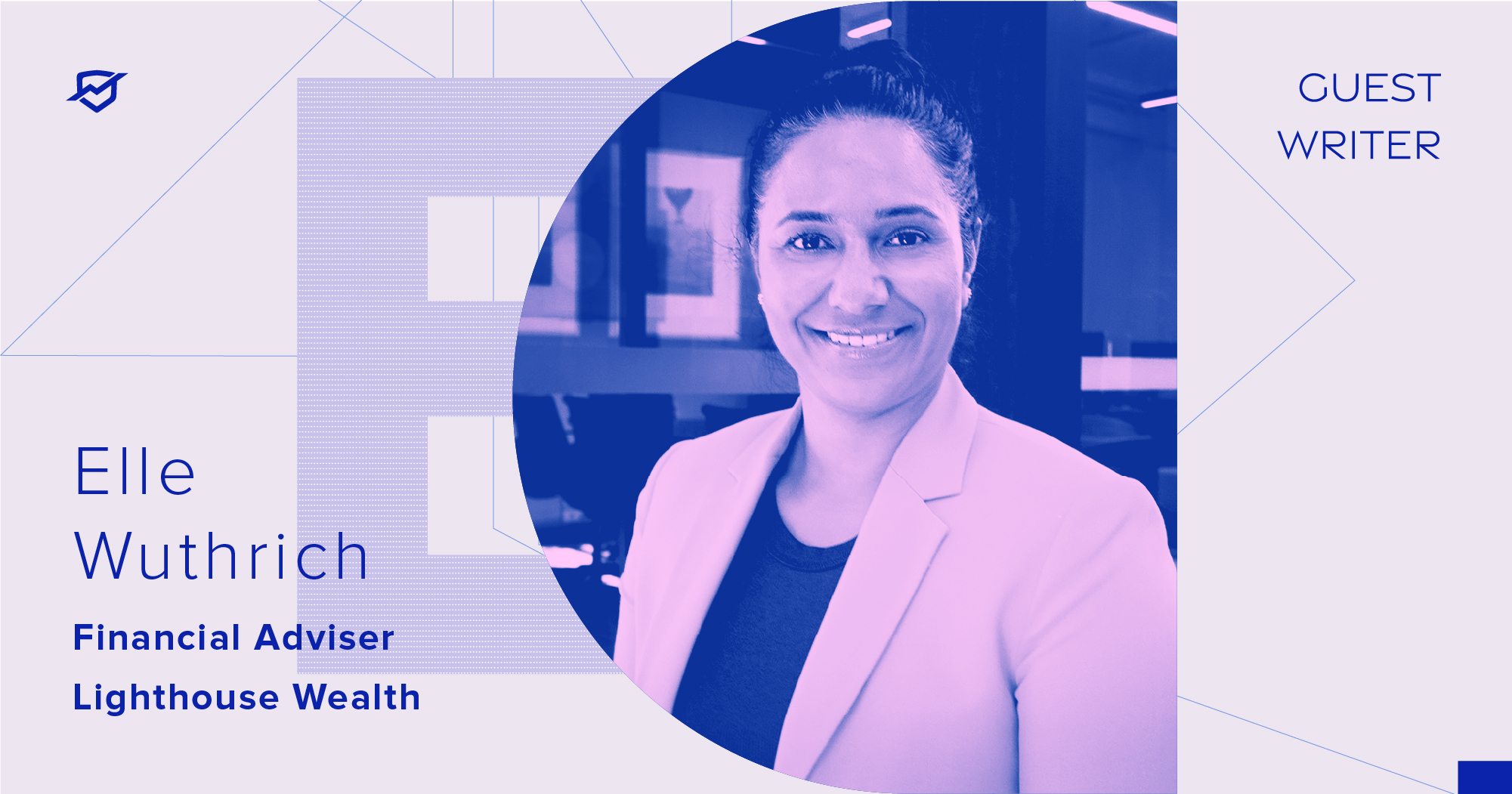
As a nation, New Zealanders’ uptake of life insurance plans is well below the OECD average. Even the Aussies are beating us! Life insurance premiums make up just 24% of total insurance premiums in this country, whereas it’s over 50% in Australia.
One significant factor behind this low insured rate is that Kiwis are known to have a “she’ll be right” attitude. Many of us also rely on ACC (for our global readers, that’s NZ’s no-fault scheme that covers anyone injured in an accident) to mitigate some of the risks. The problem is that ACC only pays out if you’re involved in an accident. So what happens if you suffer from an illness and are unable to work? How will your living expenses be covered then?
Another major factor is access to information. There’s a general lack of awareness of what insurance is and why it’s an essential component of planning out life goals. Many people assume it’s too expensive, don’t know what types of coverage they need or how much, or don’t think insurance is relevant to them.
So it’s a real mix of factors that leads to people choosing not to entertain the idea of getting life or health insurance.
Yes! A Financial Services Council study found that 92% of respondents regarded car insurance as essential, as did 88% of respondents who advocated for house insurance. It’s easy enough to insure tangible things that we can see and that we can place a value on, like a car or cellphone. But when it comes to applying the concept of risk on us as individuals, it’s both something no one wants to comprehend and is hard to put a figure on, which is why it is often overlooked.
So why do we place an importance on insuring objects but not ourselves? We don’t ever think something terrible will happen to us. It’s not until someone close to us is diagnosed with cancer or has passed away that we suddenly think about our livelihoods.
If you rely on having an income, have others who depend on you bringing home the bacon, or you have debt, chances are you will need life or health insurance. By speaking to an adviser you trust, they can personalize an insurance plan that will protect what’s important to you and ensure that it fits in your budget. They will also check in with you regularly to ensure that the cover is still appropriate as you move through different life stages.
Advisers are also there to help you at claim time. I have had many clients not realize they were entitled to a claim until their annual review. Your adviser should be checking in on you, preferably annually or every two years, as things can change, which means you may need to check if your cover is still relevant.
If you put smart protection in place, you won’t need to rely so much on the generosity of others or set up a fundraising page when a crisis hits.
The industry has recently gone through many changes to help protect people from being taken advantage of. You now need to be qualified and go through a rigorous process before an insurer lets you sell their cover on their behalf.
As part of our code of conduct, we need to do right by the client. This means that your cover should be relevant to your situation and budget! A great adviser will explain what each cover does and protects, how it is relevant to you and how much it will cost. If the cost sounds too high to start with, chances are it’s not going to be viable to continue in the future. You should feel comfortable speaking freely about your budget and not feel judged.
When trying to find an adviser, firstly ask your friends and family if they can recommend one they trust. Ask them if their adviser has been in contact since putting their cover in place.
A good financial adviser will care about you and keep in contact to review your cover so that it remains relevant.
Use Financial Advice New Zealand if you need to find a reputable adviser if you don’t have any personal recommendations. It’s a professional membership organization that verifies qualifications and credit checks its members.
You need to find an adviser you like and trust, as you will be sharing very personal information with them (both medical and financial). Make sure they are qualified, and you can find out by looking them up on the Financial Service Providers Register. They will also have a Disclosure Statement on their website, which will tell you how they work with their clients, how they are remunerated, and which insurers they use.
As with any relationship, you need to like and trust the person you are doing business with, so take your time to find the right adviser. And let’s be honest, a Google stalk always helps.
Elle is a Financial Adviser for Lighthouse Wealth and is all about making sure people have the right cover in place and are not overinsured or underinsured. She believes in removing the jargon and keeping things simple so that people understand what it is they are paying for. Ideally she wants her clients in a financial position that they no longer need to rely heavily on insurance in the future.